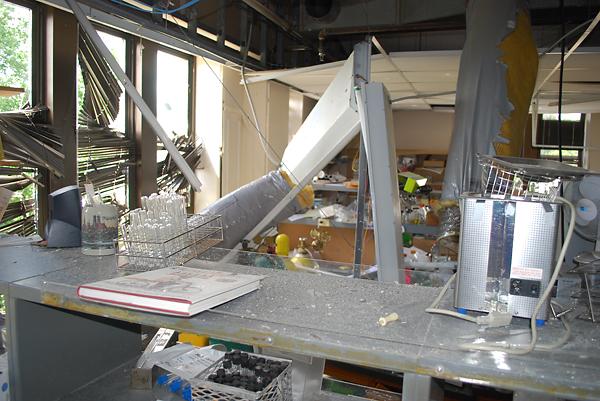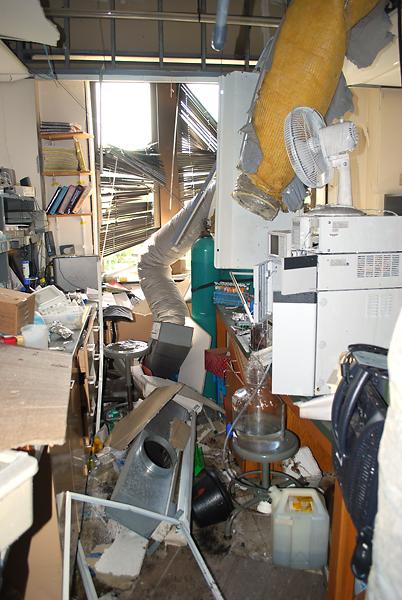Neuroprotection
Bluelighter
- Joined
- Apr 18, 2015
- Messages
- 1,265
Molecular hydrogen is a colourless, oderless, tastless, diatomic non toxic gas and the lightest most abundant element in the universe. For a long time it was thought to be biologicly inactive, but studies now prove it is far from that. It has shown strong antioxidant affects and easily penetrates all cell components. It selectively targets the most dangerous free radicals such as hydroxyl and peroxinitrite ions while not affecting low level of superoxide and nitric oxide needed for cellular signalling.
Apart from acting as a robust and potent antioxidant, elemental (molecular or pure hydrogen) seems to alter gene transcription. The reason for this beliefe is because, the halflife of hydrogen in cells is very short (3/4 minutes) in animal and human bodies, yet the protective affects are seen for well over 50 minutes after small doses of hydrogen enriched water are ingested.
Hydrogen also has strong antiallergic and antiapoptotic properties towards nearly all cell types, but the affects are remarkably powerfull in neurons.
Products called hydrogen water sticks are now being soled, they use magnesium metal which reacts with water to produce hydrogen and magnesium hydroxide. However, I think this is rather inefficient. How about dissolving hydrogen gas from a canister directly into distilled water at a low temperature e.g. 4 degrees c. This should be done in a glass container stored within a larger aluminium container. Both containers should be filled with hydrogen and closed in an airtight manner. The aluminium will stop hydrogen permeating out into the atmosphere. Adding extra hydrogen to the atmosphere of the outer aluminium container, should act as a balance against hydrogen moving out of the glass water container, thus keeping the water hydrogen enriched.
What do you all think? Are the benefits of hydrogen too good to be true? Is anyone willing to try it?
I know hydrogen gas is flammable, but so is alcohol, or even butane used in production of hash oil.
Do you think my suggested method of making hydrogen enriched water would work, note that anyone wanting to try it should do it outside and have good knowledge of chemistry, or at least safty of chemicals.
Apart from acting as a robust and potent antioxidant, elemental (molecular or pure hydrogen) seems to alter gene transcription. The reason for this beliefe is because, the halflife of hydrogen in cells is very short (3/4 minutes) in animal and human bodies, yet the protective affects are seen for well over 50 minutes after small doses of hydrogen enriched water are ingested.
Hydrogen also has strong antiallergic and antiapoptotic properties towards nearly all cell types, but the affects are remarkably powerfull in neurons.
Products called hydrogen water sticks are now being soled, they use magnesium metal which reacts with water to produce hydrogen and magnesium hydroxide. However, I think this is rather inefficient. How about dissolving hydrogen gas from a canister directly into distilled water at a low temperature e.g. 4 degrees c. This should be done in a glass container stored within a larger aluminium container. Both containers should be filled with hydrogen and closed in an airtight manner. The aluminium will stop hydrogen permeating out into the atmosphere. Adding extra hydrogen to the atmosphere of the outer aluminium container, should act as a balance against hydrogen moving out of the glass water container, thus keeping the water hydrogen enriched.
What do you all think? Are the benefits of hydrogen too good to be true? Is anyone willing to try it?
I know hydrogen gas is flammable, but so is alcohol, or even butane used in production of hash oil.
Do you think my suggested method of making hydrogen enriched water would work, note that anyone wanting to try it should do it outside and have good knowledge of chemistry, or at least safty of chemicals.





